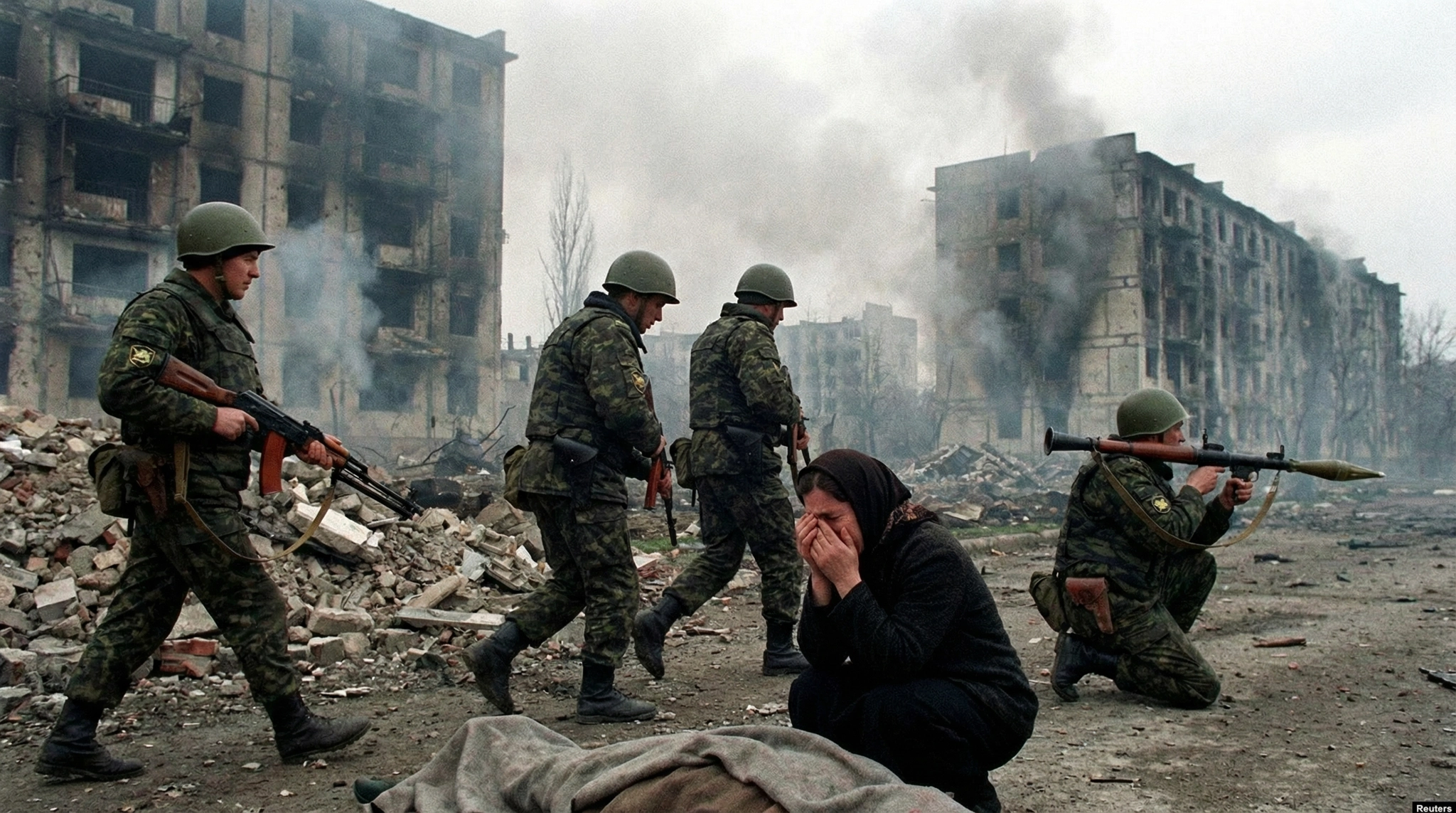The Chechen-Russian conflict is rooted in centuries of tension, yet its modern phase emerged from the collapse of the Soviet Union. As Moscow’s control weakened, Chechnya pushed for independence, confronting a Russian state determined to preserve its territorial integrity. The result was a series of brutal wars, shifting power dynamics, and lasting instability in the North Caucasus.
Origins and Early History of the Chechen-Russian Conflict
The roots of theChechen-Russian conflicttrace back centuries, but its modern iteration can be largely attributed to the dissolution of the Soviet Union in 1991. Chechnya, a predominantly Muslim region nestled in the Caucasus mountains, sought independence from Russia as the Soviet grip loosened.
However, Russia fiercely opposed Chechen separatism, sparking theFirst Chechen War(1994–1996), characterized by brutal violence and widespread destruction. This confrontation set the stage for decades of mistrust, insurgency, and state repression that would reverberate across the wider Caucasus.

First Chechen War and Its Aftermath
The First Chechen War, marked by egregious human rights abuses on both sides, ended with a de facto Chechen victory and the signing of theKhasavyurt Accordin 1996. This agreement granted Chechnya de facto independence, although its status remained unrecognized by the international community.
However, the peace was short-lived. Chechnya soon descended into lawlessness under the leadership of warlords and criminal gangs. Weak institutions, economic collapse, and competing armed factions undermined any prospect of stable governance, leaving a power vacuum that Moscow would later exploit.
Second Chechen War and Its Ramifications
In 1999, a series of apartment bombings in Russian cities, attributed to Chechen militants by the Russian government, provided the pretext for theSecond Chechen War. Vladimir Putin, then Prime Minister of Russia, launched a military campaign to reassert control over Chechnya, leading to a protracted conflict marked by indiscriminate bombings, extrajudicial killings, and widespread displacement of civilians.
This phase of the conflict reshaped Russia’s internal security policy and strengthened the centralization of power in the Kremlin. It also contributed to the international image of Chechnya as a hotbed of insurgency and Islamist militancy, complicating external diplomatic engagement with the region.
The Second Chechen War entrenched a climate of fear and impunity, where civilian suffering, forced disappearances, and urban devastation became defining features of the conflict.
Ramzan Kadyrov and Shifting Dynamics
The tide of the conflict began to turn in favor of Russia with the rise ofRamzan Kadyrov, a former rebel turned Kremlin-backed strongman, who assumed power in Chechnya in 2007. Under Kadyrov's iron-fisted rule, Chechnya experienced a degree of stability, albeit at the cost of rampant human rights abuses and entrenched authoritarianism.
Kadyrov’s regime has relied on loyal security forces, extensive patronage networks, and ideological loyalty to Moscow. While reconstruction projects have reshaped Grozny’s skyline, critics argue that stability has been achieved through repression, enforced loyalty, and the silencing of dissent.
Ongoing Tensions and Global Implications
Despite the formal end of large-scale military operations, tensions between Chechnya and Russia persist, fueled by allegations of corruption, repression, and occasional outbreaks of violence. Underground networks, diaspora communities, and periodic insurgent activity reflect unresolved grievances within Chechen society.
The conflict also has broader implications for Russia'sgeopolitical ambitions in the Caucasusand its relations with the West. Chechnya’s strategic location, coupled with its history of resistance and its significance as a potential flashpoint for Islamist extremism, continues to shape security calculations in Moscow, European capitals, and beyond.
Conclusion: Prospects for Peace and Reconciliation
The Chechen-Russian conflict stands as a sobering reminder of the enduring complexities of ethnic, religious, and political divisions in the Caucasus region. As both sides grapple with the legacy of decades-long conflict, the quest for a lasting resolution remains elusive, overshadowed by entrenched grievances and competing geopolitical interests.
Only through genuine dialogue, reconciliation, and respect for human rights can the cycle of violence be broken, paving the way for a peaceful and prosperous future for Chechnya and its people. Any long-term settlement will require accountability for past abuses, inclusive political representation, and sustained international attention to the evolving situation in the North Caucasus.